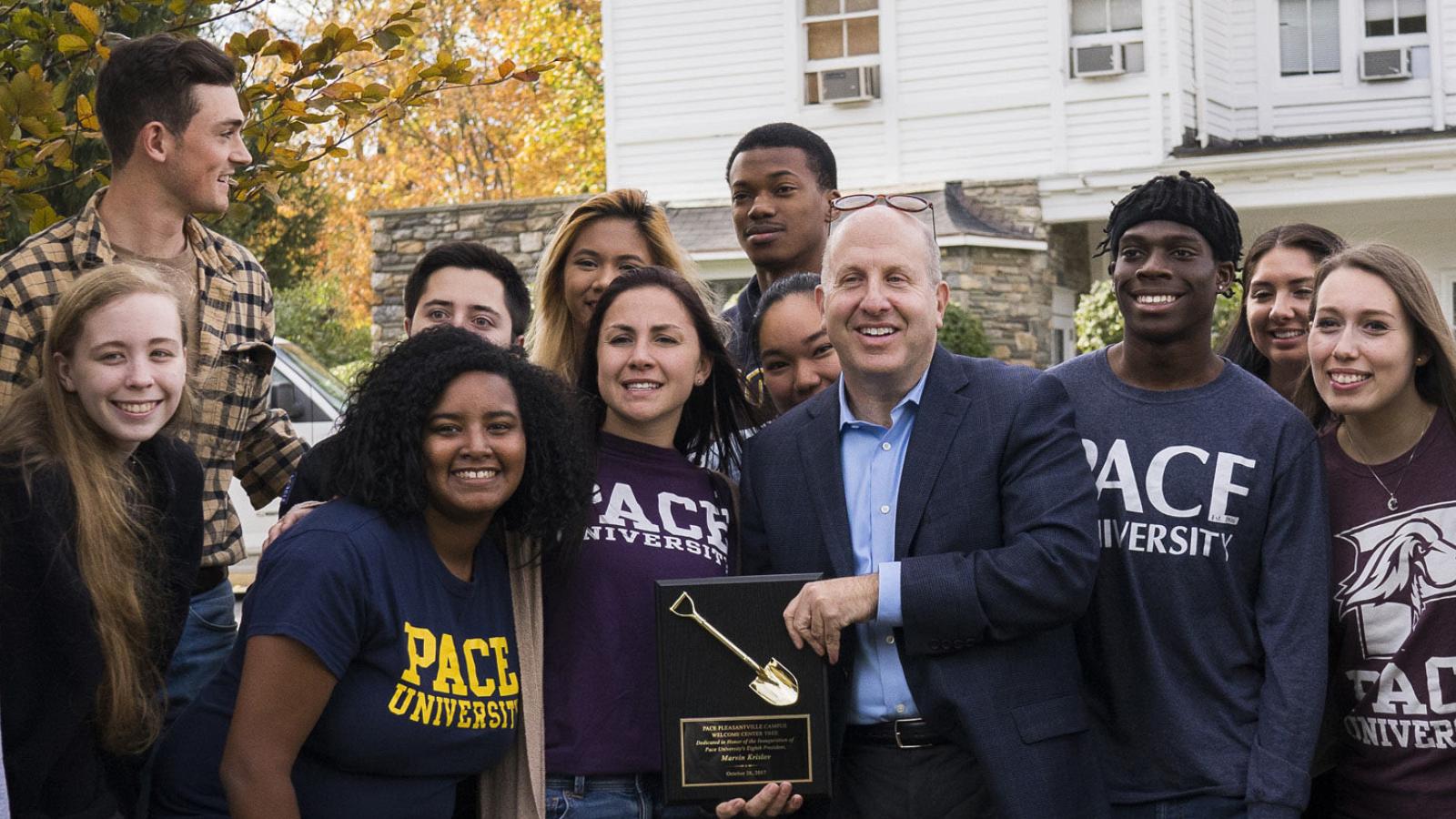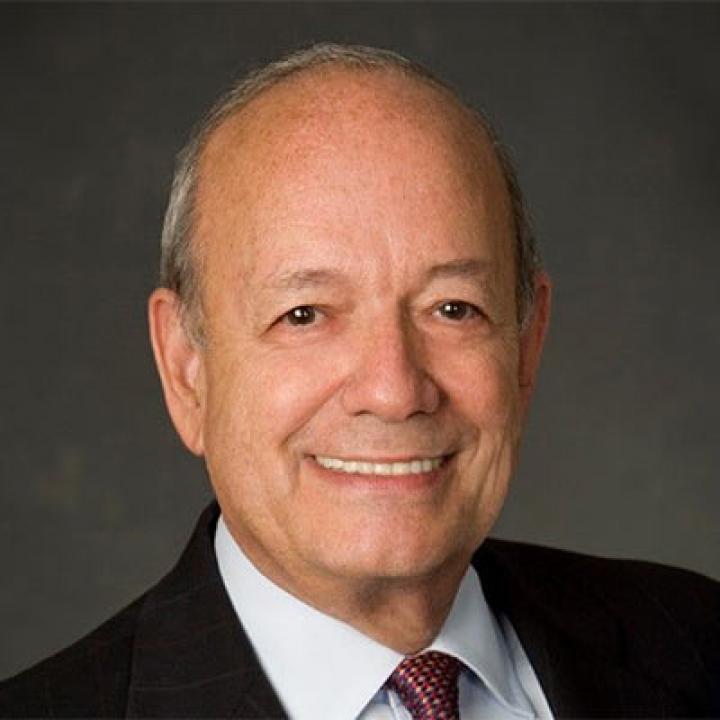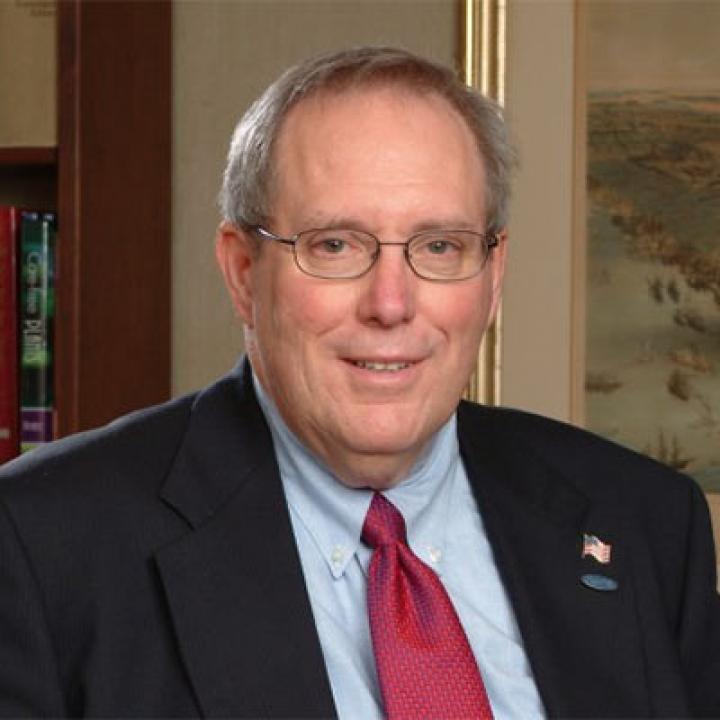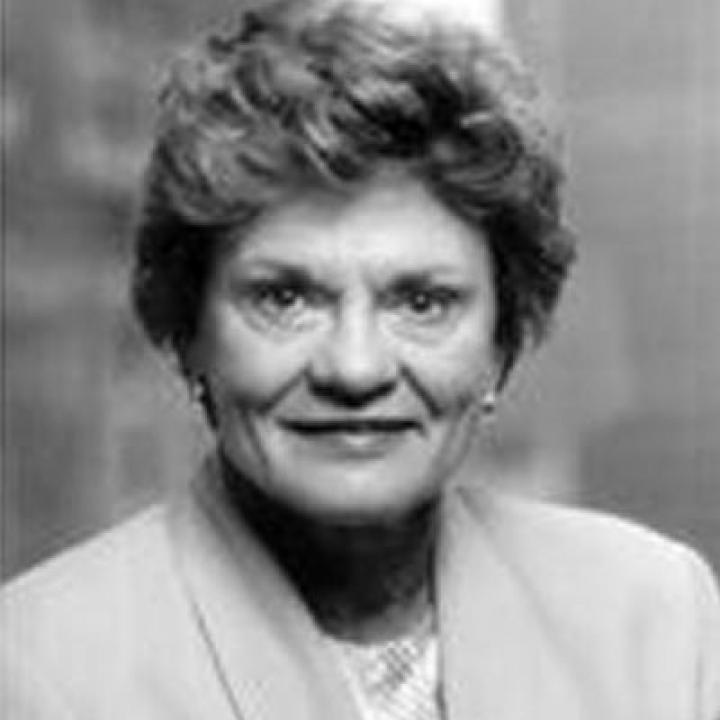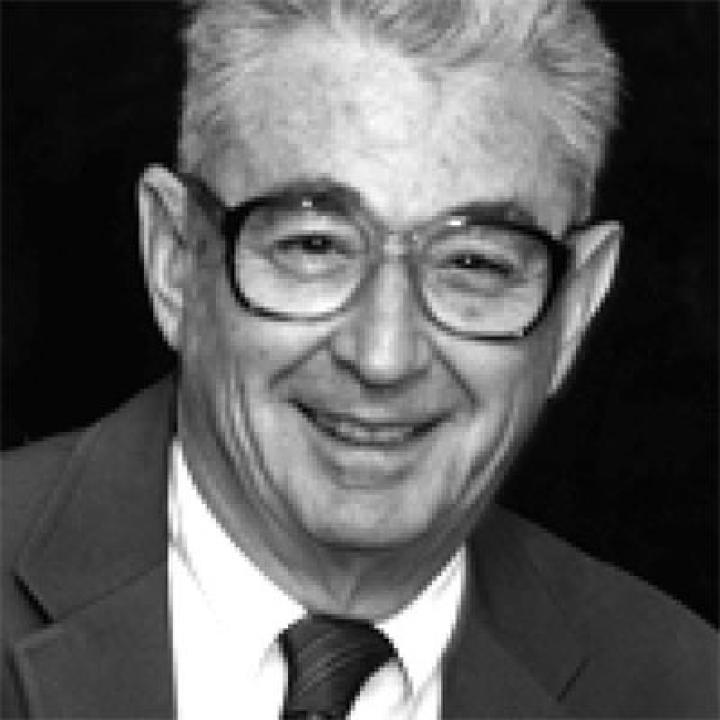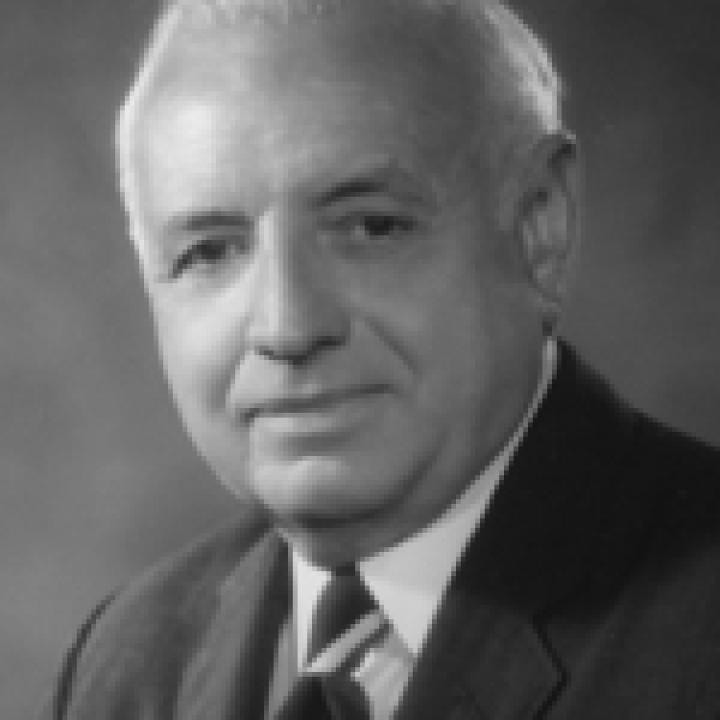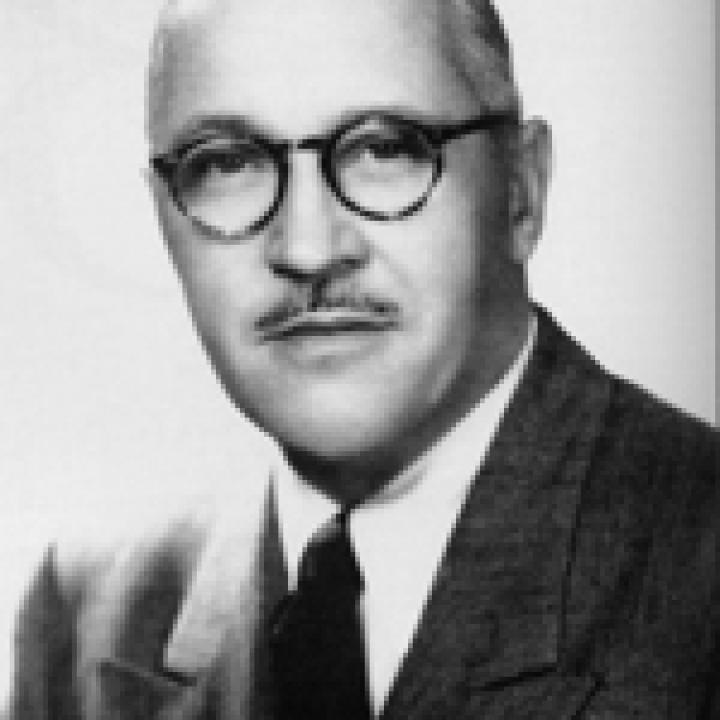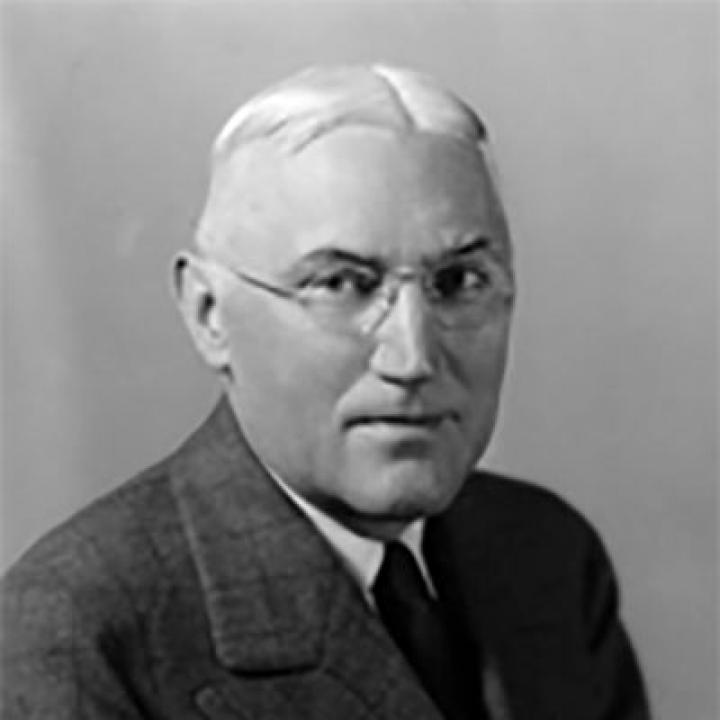Term of office: 2007-2017
Stephen J. Friedman became the seventh president of Pace University on June 4, 2007. As president of Pace, Mr. Friedman has presided over a substantial increase in core enrollment while sustaining the University’s historic commitment to providing access for students from all economic backgrounds. An advocate of education for the professions, he regards the combination of liberal arts and career preparation as critical for creating opportunity and improving the nation’s global competitiveness. Under his leadership, Pace has established an increasing number of new academic programs, placed greater emphasis on study abroad and other international experiences for students, launched an ongoing revitalization of the major campuses in New York and Pleasantville, and built a solid financial foundation for advancing Pace’s mission.
Pace University has been led by seven individuals who carefully guided the institution from a one-room business institute to a multi-campus modern university.
Read on for more about these inspiring and dedicated leaders.
Past Presidents
Term of office: 2000-2007
David Armand Caputo became the sixth president of Pace University in July 2000, and presided over its 100th anniversary in 2006. During Caputo's tenure, Pace accelerated its regional and national leadership, following a five-year strategic plan titled "Reaching New Heights." Funded research grants for faculty grew from about $500,000 to nearly $7 million. The Pace Academy for the Environment forged a consortium of nearly 50 colleges and universities in the Hudson River Valley to address environmental concerns. Conferences and a Pace Downtown Index of economic activity involved the University in the revitalization of lower Manhattan. The Pace Poll, the only New York City-based university polling institute, was founded to advance understanding of issues facing New Yorkers and other citizens.
Term of office: 1990-2000
The first in her family to graduate from college, Chicago native Patricia O’Donnell Ewers maintained Pace University’s commitment to Opportunitas throughout the 1990s. Recognizing the increasing importance of technology in the classroom, in the business of higher education, and as a fundamental skill needed to succeed in many careers, she invested in human and technology resources for Pace. Her most notable accomplishment was the completion of the Campaign for Pace, which, by raising $61 million, quadrupled the University's endowment. Another of her priorities was to enhance the way Pace presented itself—many halls and buildings were renovated during her tenure. Ewers, like Homer S. Pace before her, was not only an administrator, but a teacher; she taught courses in literature and film. Ewers was also an active participant in many of Pace's theatrical productions.
Term of office: 1984-1990
Hardly a newcomer to either Pace or the management of higher education when he was named President of Pace University in 1984, William G. Sharwell had served on the University's Board of Trustees since 1973 and had been Chairman of the Board since 1983. Prior to becoming president of Pace, Sharwell was a senior vice president at AT&T. As Pace president from 1984 to 1990, Sharwell applied his considerable business expertise to stabilizing enrollment and funding both existing and new programs. The Graduate Center in downtown White Plains was completed during his tenure. Graduate law programs were expanded and the University's newest component, the School of Computer Science and Information Systems, achieved international recognition. Despite these considerable achievements, Sharwell will probably be best remembered for his unwavering support of student activities, ranging from theatrical productions to proms. Above all, he was a sports fan who rarely missed games of Pace's men's and women’s championship basketball teams.
Term of office: 1960-1984
Edward Joseph Mortola came to Pace Institute in 1947 as assistant dean. Holding increasingly important leadership positions, over the next 43 years he provided visionary leadership, dramatically increased enrollment, and expanded the University’s academic programs. During Mortola's tenure the Undergraduate School of Business Administration (1965), the Schools of Arts and Sciences (1965), as well as the schools of education (1965), nursing (1966), law (1976), and Computer Science and Information Systems (1983) were established. He also increased the reach of Pace’s landscape of learning by establishing new campuses in Westchester County: Pleasantville in 1963, White Plains in 1975, and Briarcliff in 1978. In 1969, a $20 million campus building complex (One Pace Plaza) was completed on the site of Pace’s first location on Park Row in lower Manhattan, across the street from City Hall. A midtown center opened in 1976 to serve corporations and business professionals. Under Mortola’s direction, Pace achieved University status in 1973.
Term of office: 1942-1960
Robert Scott Pace was appointed president of Pace Institute in 1942, following the death of his father, Homer S Pace. Robert Pace served in the armed forces but returned in 1945 to see the school through a hectic post-World War II period, which saw the institution mature physically and intellectually and become accepted into the ranks of colleges and universities. During Pace’s tenure, from 1942 to 1960, Pace Institute became Pace College; New York State approved the BBA and BA degrees; Pace moved from a few rented floors at 225 Broadway to its own 16-story building at 41 Park Row; and the Graduate Division was established. Widely recognized for the strength of its business education, even the Ivy League offered praise when a Princeton faculty member wrote, "It is accepted here at Princeton that your training program is superior to those offered at the Wharton School, Temple University, and Rutgers University."
Term of office: 1906-1942
Preparing for the CPA exam, Homer St. Clair Pace found "very little and very poor instruction along these lines" and accounting literature in the United States "practically nil." Recognizing that the need for formal business education presented opportunity, Homer Pace borrowed $600 and, with his brother Charles Ashford Pace, opened a one-classroom school at 154 Nassau Street in Manhattan. Their first class comprised of both men and women in rented classroom space; the Pace brothers determined that from the start Pace & Pace will be coeducational. Homer declared, "Women are destined to play an increasingly important part in industry and commerce."
